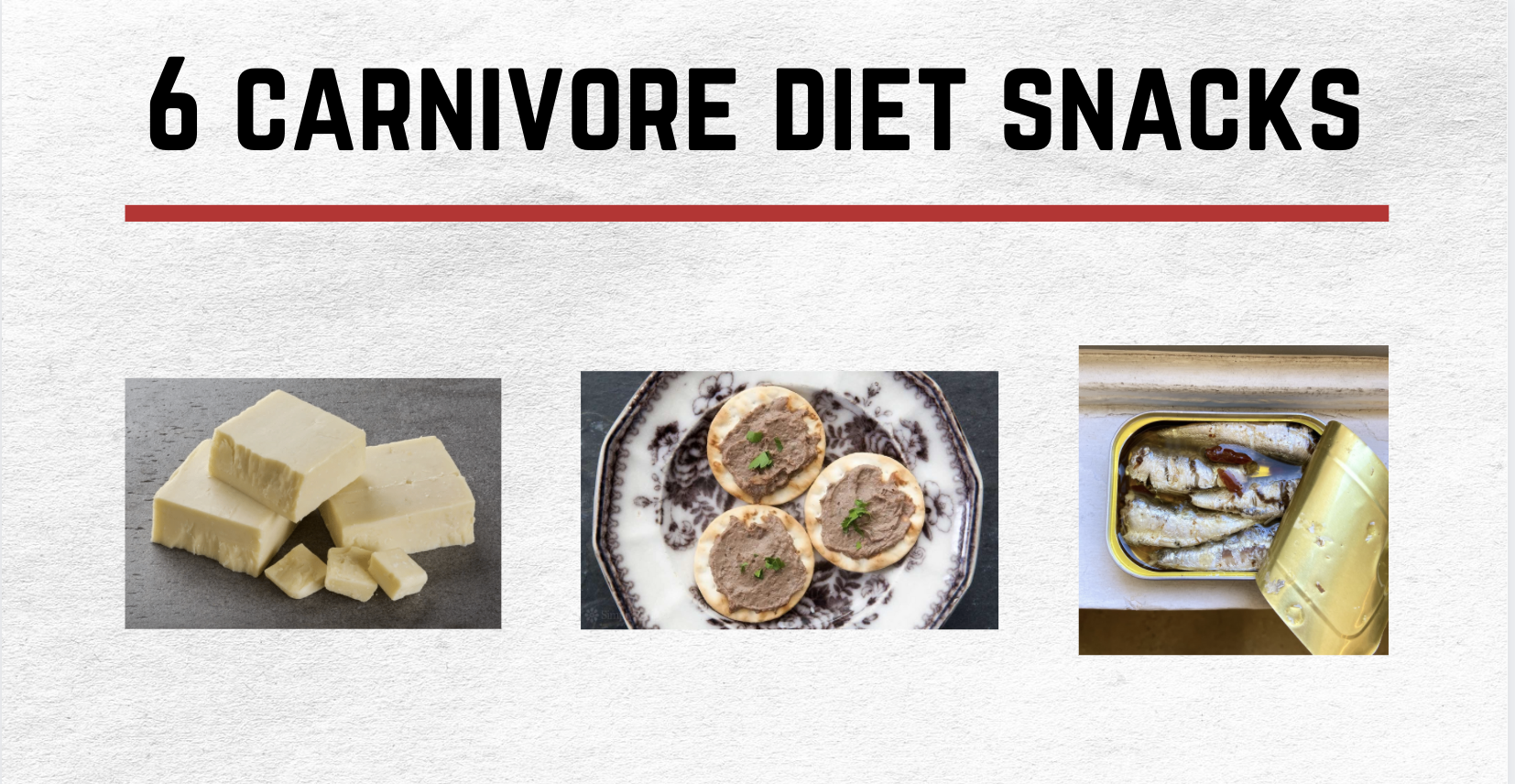Welcome fellow meat lovers, health enthusiasts, and curious readers who might have seriously misunderstood the phrase ‘Eat Like a Beast’. We’re bout’ to sink our teeth into the ins, outs, myths, and truths of the carnivore diet.
What’s The Carnivore Diet All About?
The carnivore diet, in its bare-bones, no-nonsense version, is absurdly simple: Eat ONLY meat. Yes, you’ve read it right, ONLY meat. This means no apples from Aunt Opal’s orchard. No scoop of mashed potatoes at Sunday dinner. Not even a wedge of Gramma’s homemade pecan pie. It’s a zero-tolerance policy for anything that’s not animal flesh or product. Viva la meats!
The Basis of the Carnivore Diet
‘But surely, one cannot survive on meat alone?’ I see you wondering. From a nutritional science perspective, it’s pretty rebellious, even a little naughty. The theory is that human bodies can subsist entirely on a high-protein, high-fat diet, taking advantage of something our bodies do naturally under specific circumstances, called ketosis. Basically, when deprived of carbs, our bodies can flip the metabolic switch and burn fat for fuel instead. Voila, catwalk meat-eating mode!
Benefits of The Carnivore Diet
It’s not all about wolfing down three-pound ribeyes and ignoring the vegetable aisle in the supermarket. There are some decent potential benefits involved. Advocates boast about weight loss, higher energy levels, mental clarity, mood improvement, and sugar addiction nullification, to name a few—not a shabby list of commitments, huh? In theory, it’s owing to the absence of processed foods and a large reduction in carb intake.
Endorsing the Carnivore Diet
The vanguard of the animal-based nutrition movement consists mainly of people with health issues that haven’t responded well to conventional treatments, including autoimmune and inflammatory troubles. Yet, it also includes some high-profile adherents, who are as passionate about the carnivore diet like a lion over a wildebeest.
Warning: Potential Drawbacks
Now let’s not pretend everything is rainbows and unicorns, or in this case, rainbows and rib-eyes. Since the diet revolves around a single food group, it could lead to nutrient deficiencies. It’s also drastically short on fibre, which would make you the least popular person in the ‘healthy gut bacteria’ club. Additionally, the lack of fruits and vegetables does raise some eyebrows, both for lack of vitamins and antioxidants. Health authorities, therefore, urge caution.
Diving into the Carnivore Diet?
If you’re an adventurer aiming to turn your guts into a haven of rib-eye steak, some important considerations will help your journey. Make sure your meat is of the highest quality you can afford, encompass organ meats (hello, nutrient density), mix in some non-meat animal products, including eggs and seafood. By doing this, you are more likely to satisfy your nutrient needs.
The Verdict
The carnivore diet is a meaty matter that has attracted much attention in the nutritional world, lured by its simplicity and compelling anecdotal success stories. But, before you transform your fridge into a butcher’s cold room, thorough research is crucial. Every body is unique, and what works for one might not work for another. So, to meat or not to meat remains a question you should chew over with your healthcare provider. Meat you later!
